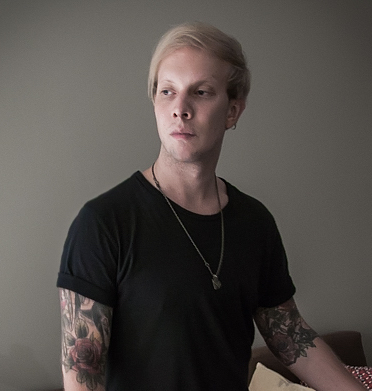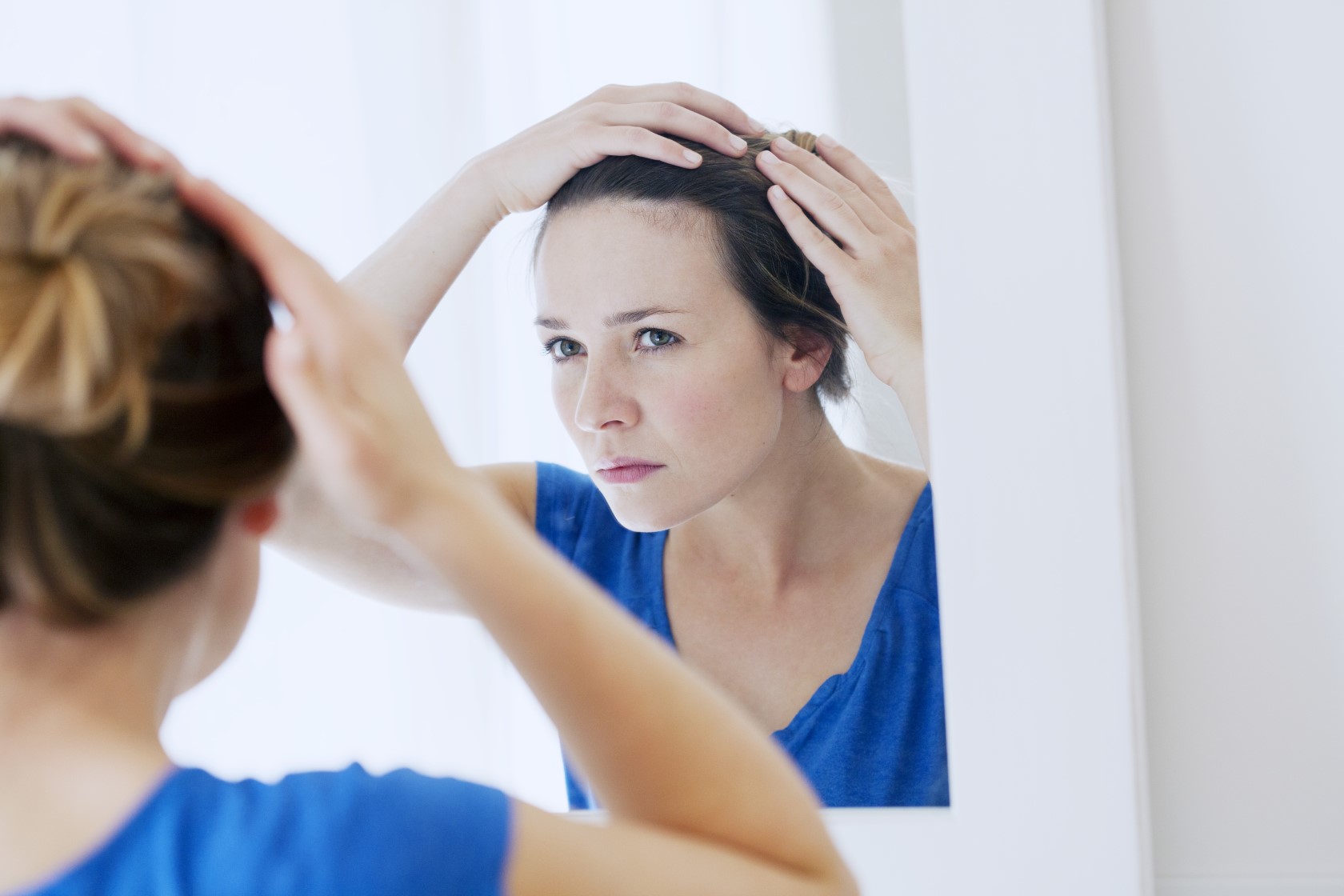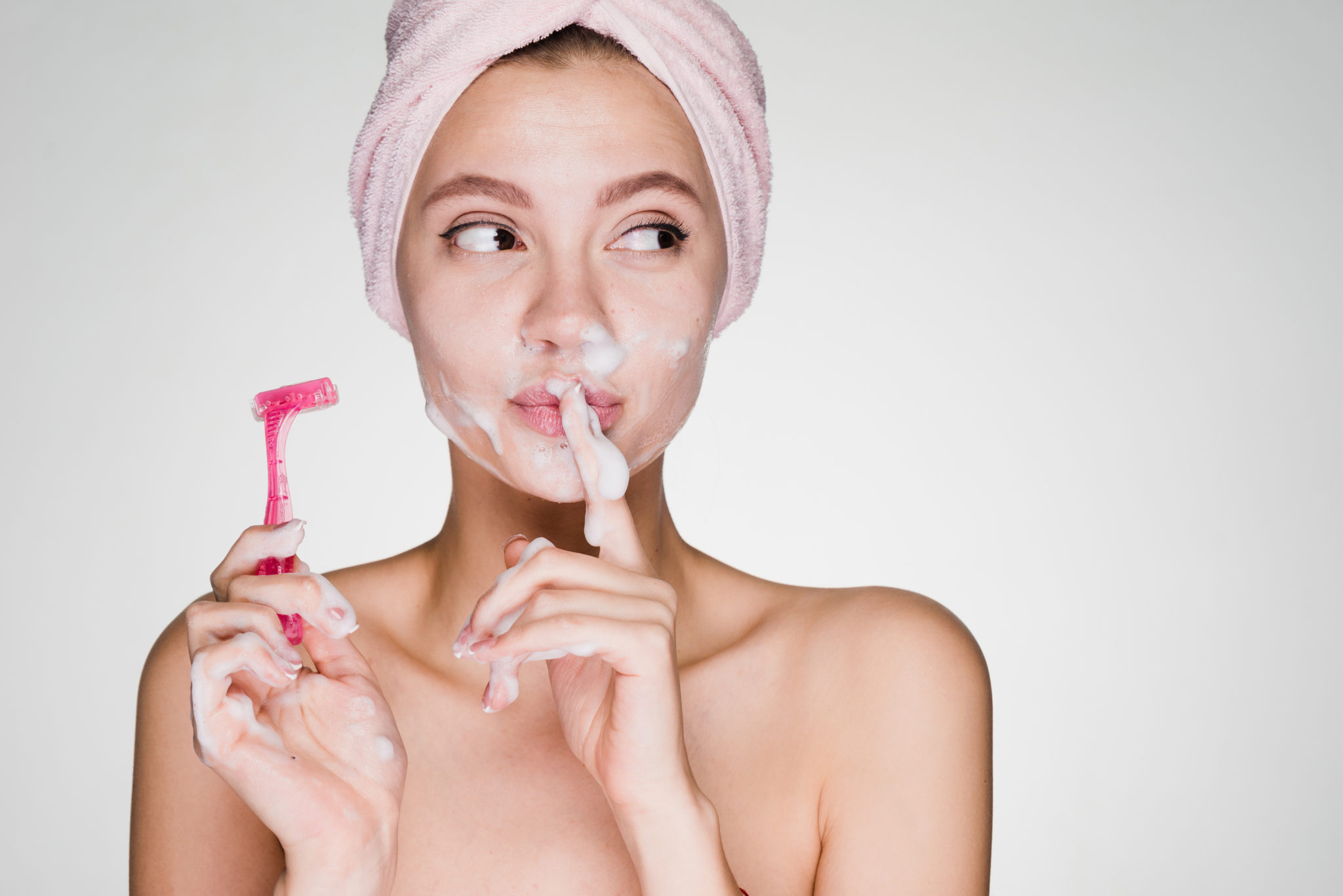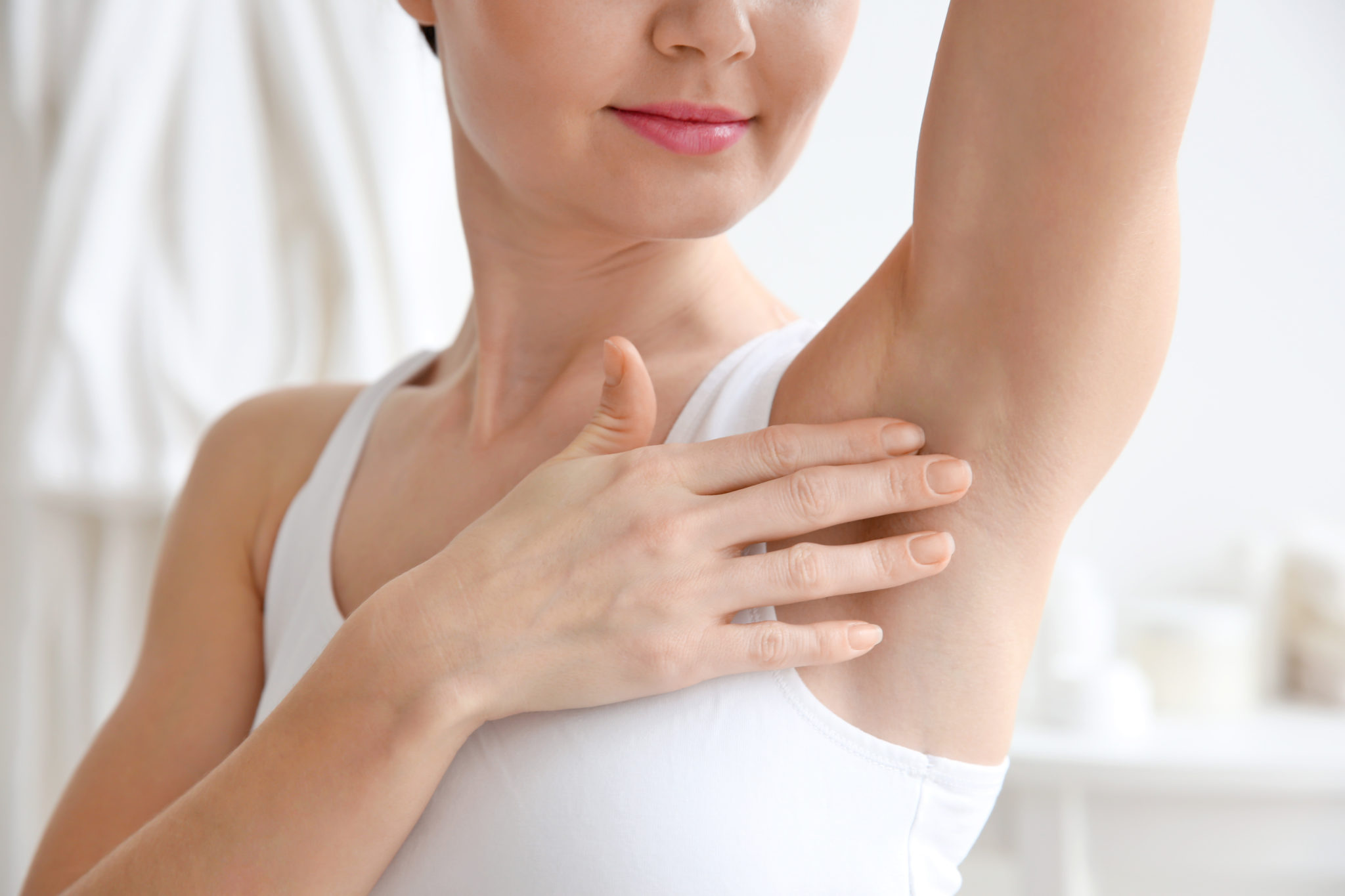For some women, going bald is either a bold choice or a health complication. But although several female celebrities have sported a shaved head proudly, many women still find it a tough choice, especially for those who deal with health conditions or undergo certain treatments that bring about extreme female hair loss.
This also includes women with PCOS. Keep in mind that telling you this is not to scare you. Rather, this should serve as a way for you to improve your awareness about your condition and prepare for one of its possible complications.
How PCOS Triggers Female Hair Loss
More than half of the male population is bound to experience some sort of baldness by the age of 60. There are many different types of baldness. The type that most men experience is called androgenic alopecia, also known as male pattern baldness.
Although it is more common in men, some women may also have this type of baldness as a sign of other health conditions like PCOS. Hair loss may also be caused by problems with nutrient delivery, genetics, aging, and extreme imbalances in estrogen and other hormones.
Androgenic alopecia stems from hormonal imbalance involving the sex hormones. As you know, PCOS can cause such imbalance in your body.
Treatment Options
Thankfully, female hair loss is often manageable. It is much easier to deal with than many of the other signs and symptoms of PCOS. Here are the best treatment options available for you as backed by science.
1. Minoxidil
Originally named Rogaine, Minoxidil is currently the most sought-after hair loss treatment. Aside from being effective, this is also a popular option due to the affordability of generic versions of the medicine.
At first, Minoxidil was intended for hypertensive individuals. However, it caused excessive hair growth as a side effect. What was once seen as a disadvantage is now viewed as an advantage for people who experience hair loss. The FDA even approved its use as one of the few effective hair loss treatments.
Minoxidil works by improving blood circulation in the hair follicles. As a result, more oxygen and nutrients are delivered into the follicles, which promote hair growth.
There are various brands you can choose from for this hair loss treatment. But your main shopping consideration should be the concentration. This study suggests that brands with higher concentrations are more effective.
2. Ketoconazole
Just like Minoxidil, Ketoconazole wasn’t originally developed as a hair loss treatment. It was actually intended as an anti-fungal medicine at first. It was, later on, discovered that it can counter male pattern baldness as well as fungi-induced baldness. You can also find this chemical in some of the most popular hair loss shampoos on the market today.
Ketoconazole attaches to androgen receptors on hair follicles and thus, prevents the receptors from interacting with the hormone dihydrotestosterone (DHT). Excessive DHT causes the receptors to receive fewer nutrients, which then results in thinning of the hair. Therefore, it is important to block DHT from interacting with the receptors.
However, keep in mind that Ketoconazole doesn’t prevent DHT production. It simply stops the interaction between the androgen receptors and DHT. If you want a more effective hair loss treatment, you have to combine this with another treatment that controls DHT production.
3. Spironolactone
Spironolactone works similarly to Ketoconazole and has been successful in treating PCOS symptoms like hair loss. It also prevents DHT and androgen receptors interaction. It has some similarities with Minoxidil as well. Both Spironolactone and Minoxidil were originally intended for the management of hypertension.
However, Spironolactone can prolong your period as it is a strong pro-estrogenic medicine. To prevent excessive bleeding, you can try taking spironolactone cyclically instead of daily.
4. Finasteride
Men use Finasteride to manage some symptoms of prostate problems. However, it is now also being used by both men and women alike in treating hair loss. It is among the most effective options out there although it was once deemed as ineffective. In fact, Finasteride is only one of the two hair loss treatments approved by FDA. In a recent study, it was found to be most effective if used along with Minoxidil.
Among all the treatment options herein, Finasteride is the only one that targets the root cause of hair loss. As a 5-alpha reductase inhibitor, it stops testosterone from being converted into DHT. Without DHT, no DHT hormone can interact with androgen receptors that can trigger the hair loss.
However, Finasteride is far from being the perfect medication against hair loss. In men, the use of this hair loss medication can cause erectile problems among many others. Both men and women alike may suffer from depression, suicidal ideation and loss of sexual function due to the use of Finasteride.
Natural Treatments for Female Hair Loss
Incorporating some key nutrients into your diet can help with hair loss as well. Nutritional changes can be especially helpful if you are not interested in treating hair loss with prescription medication.
1. Carnintine
Some studies suggest that carnitine, particularly L-Carnitine, stimulates hair growth. Carnitine supports hair growth on a cellular level by stimulating the mitochondria in hair follicle cells. Seafood, pork, chicken, and dairy products are the best sources of this carnitine. Supplements containing carnitine are also beneficial because the amounts in foods are often not enough to achieve significant results.
2. Capsaicin and Soy Isoflavones
Capsaicin is a nutrient found in chili peppers and isoflavones are an estrogenic nutrient found in soybeans. According to this study, the combination of capsaicin and soy isoflavones can promote hair growth by improving the dermal levels of IGF-1. You can add this treatment to your hair loss fighting plan by simply eating chili peppers and soy products. It is not necessary to take a supplement.
3 Raspberry Ketone Cream
Raspberry ketones are more popular as a weight loss supplement than as a hair loss treatment. Surprisingly, there is no scientific proof that raspberry ketones actually help in losing weight. However, research has revealed that raspberry ketones can increase hair growth by stimulating the release calcitonin gene-related peptide (CGRP), which promotes the formation of dermal IGF-1 and leads to hair growth.
Living with PCOS should not mean you have to say goodbye to your hair. There are medications and natural remedies you can choose from to bring your locks back to life.
I’ve compiled some hair loss research studies that you can have sent to your inbox now. Sharing them with your healthcare provider will help you start a serious conversation about saving your hair.







